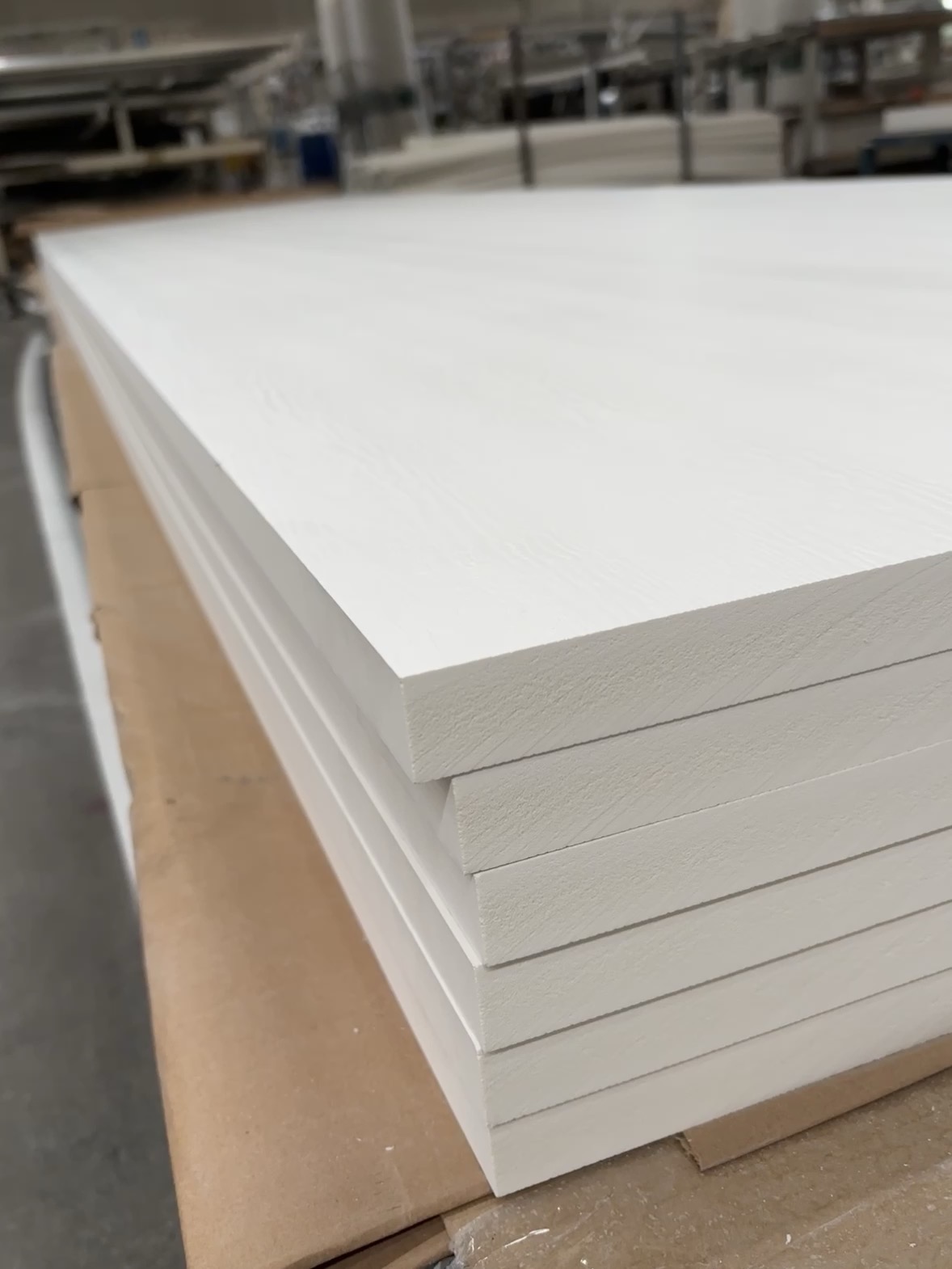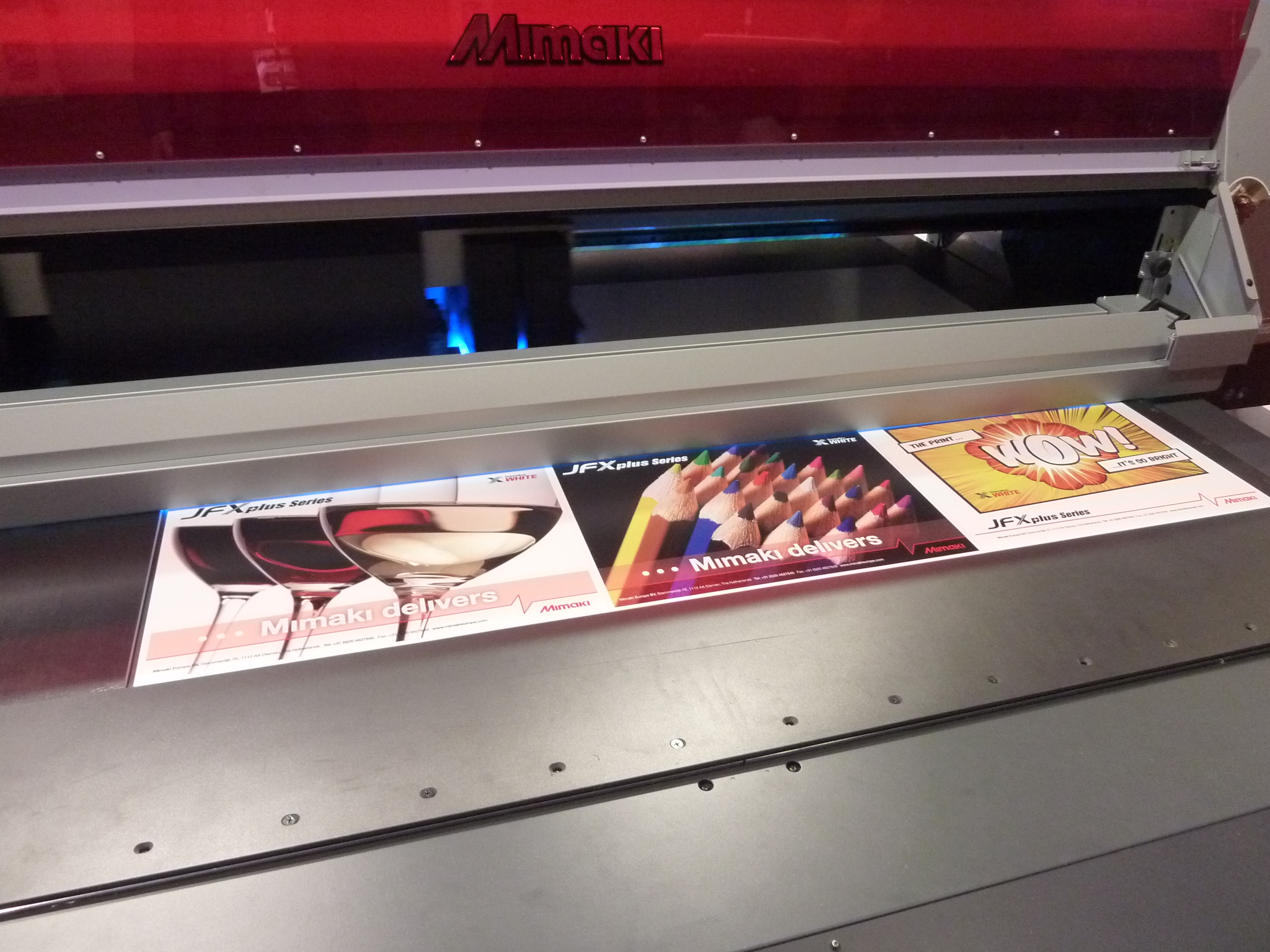When it comes to materials used in various industries, such as construction, signage, and furniture, the terms "expanded PVC" and "foam board" are often used interchangeably.
This is because both terms describe a type of PVC (polyvinyl chloride) that has been processed to create a lightweight, yet durable material.
Understanding the Production Process
Expanded PVC, also known as PVC foam board, is created through a process called foaming. This involves mixing PVC with a blowing agent, which is then heated to create a foam-like structure.
The result is a material that is significantly lighter than traditional PVC, while still maintaining the strength and durability that PVC is known for.
The term "expanded" refers to the increase in volume that occurs during the foaming process, while "foam" highlights the cellular structure that is formed.
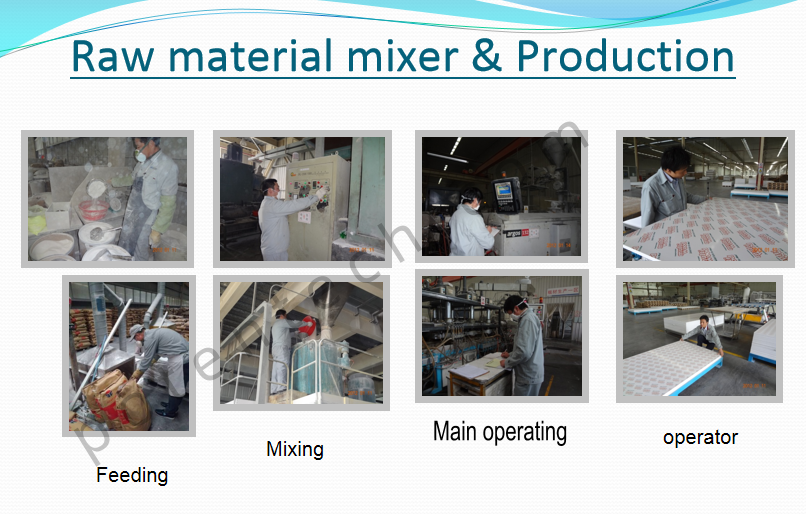
Distinctions from Non-Foamed PVC Boards
PVC foam board differs from non-foamed PVC boards in several key ways. Firstly, the foaming process results in a material that is less dense, making it lighter in weight. This can be a significant advantage in applications where weight is a concern, such as in signage or model making. Secondly, the cellular structure of the foam board provides a level of insulation that is not present in solid PVC boards. This can be beneficial in applications where thermal or acoustic insulation is required.
Moreover, the foaming process can also affect the board's flexibility. PVC foam boards tend to be more flexible than their non-foamed counterparts, which can be advantageous in certain applications where the material needs to be bent or shaped without breaking.
Benefits of the Foaming Process
One of the most notable benefits of the foaming process is the significant reduction in weight. PVC sheet are often much lighter than many other materials, making them easier to handle and transport. This lightness does not compromise the board's strength, as the cellular structure provides a surprising amount of rigidity.
Another key advantage is the waterproof nature of PVC foam boards. The closed-cell structure of the foam prevents water from being absorbed, making it an excellent choice for outdoor applications or in environments where moisture resistance is crucial. This waterproof characteristic, combined with the material's durability, makes it a popular choice for outdoor signs, displays, and construction projects.
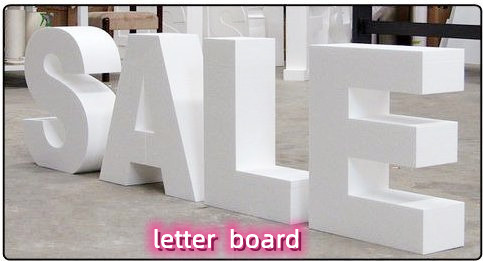
Sign
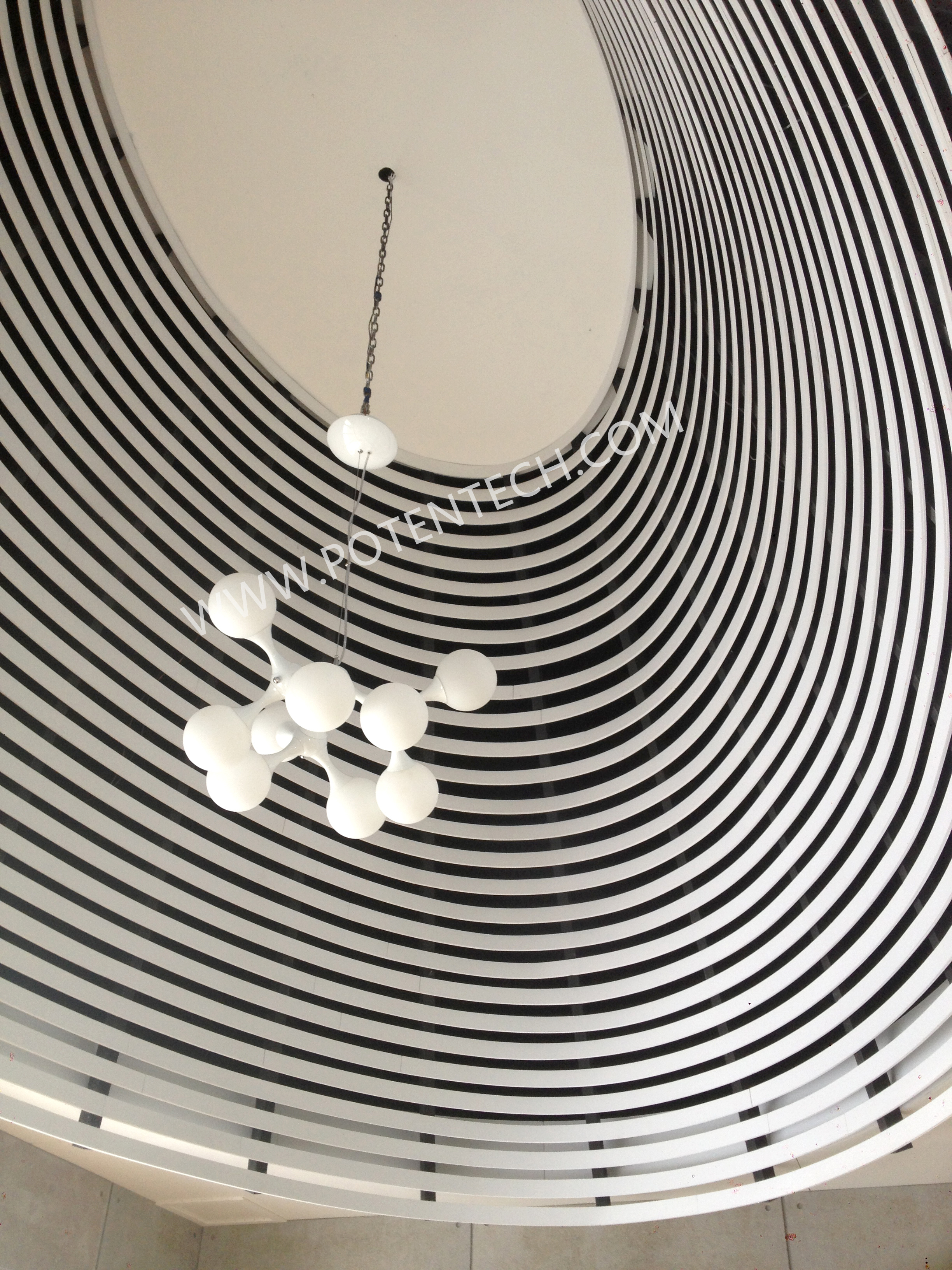
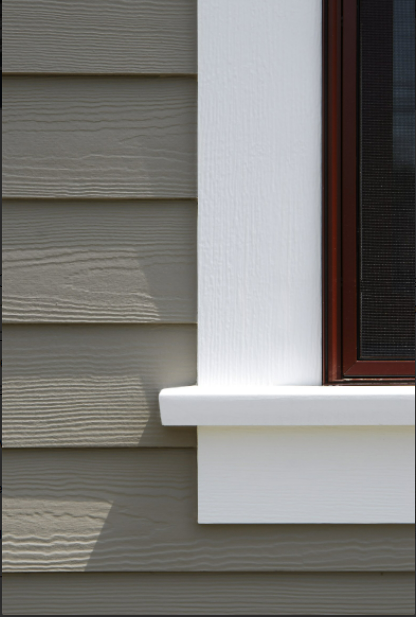
Construction
In conclusion, while "expanded PVC" and "foam board" might seem like two different materials, they actually refer to the same product: PVC that has been processed to create a lightweight, durable, and versatile material. The foaming process that gives rise to this material offers a range of benefits, from reduced weight to improved insulation and waterproofing, making it a popular choice across various industries.


